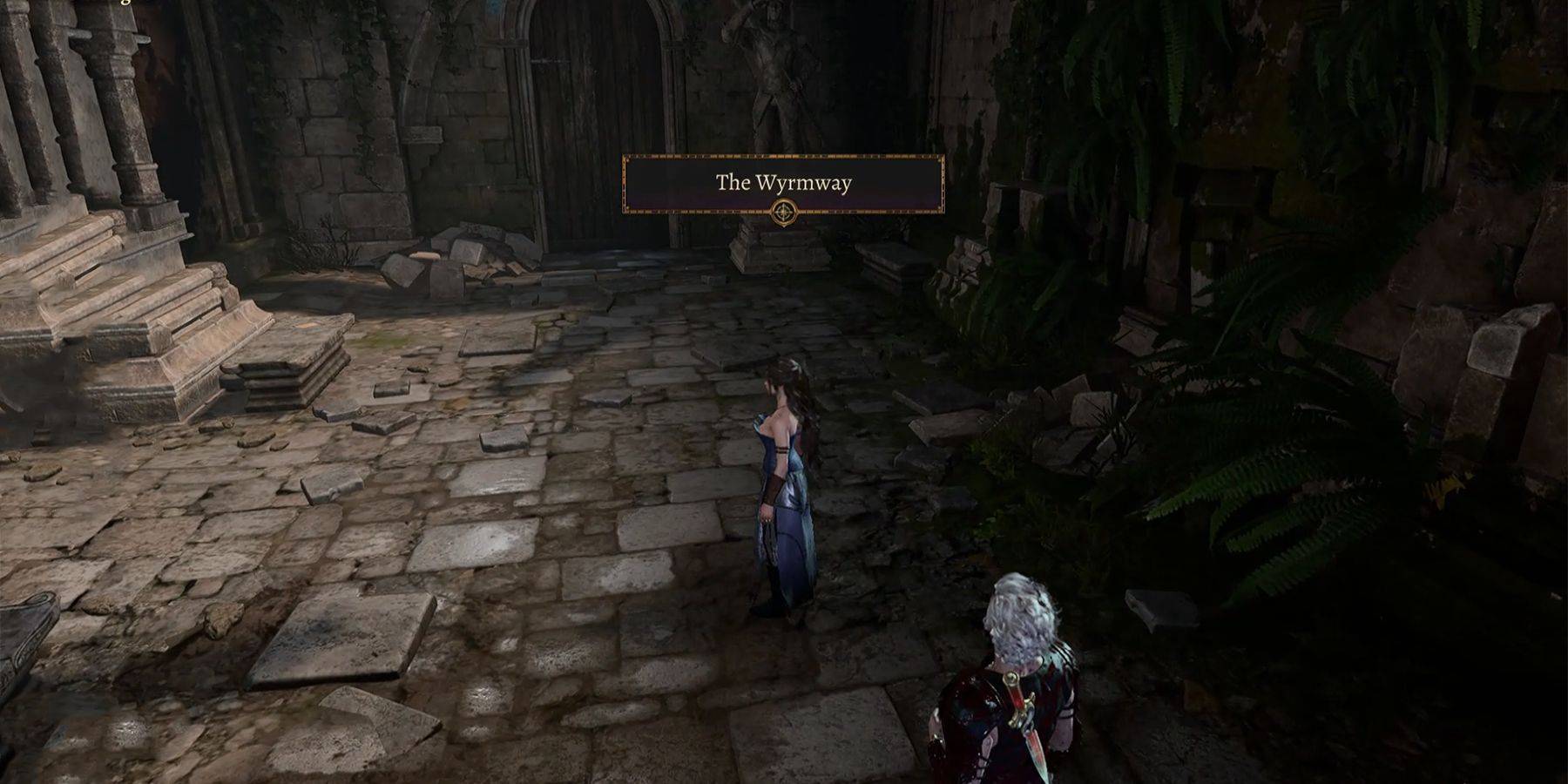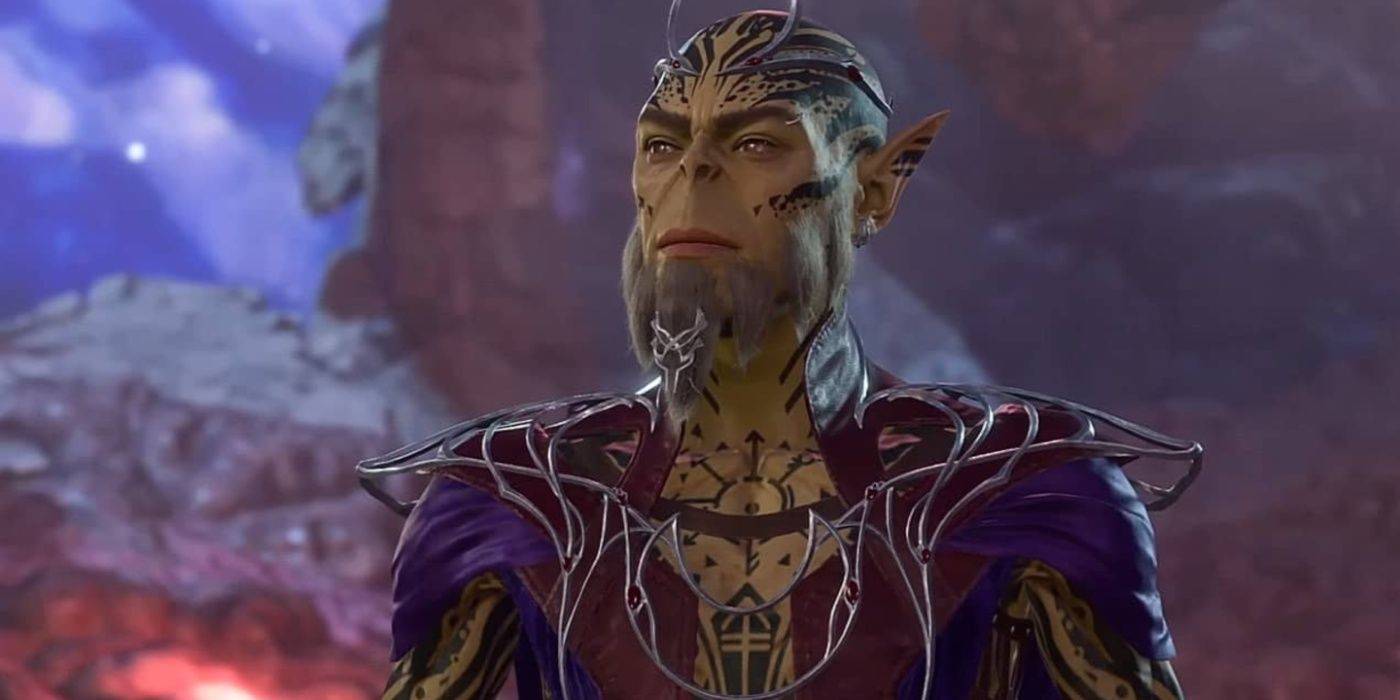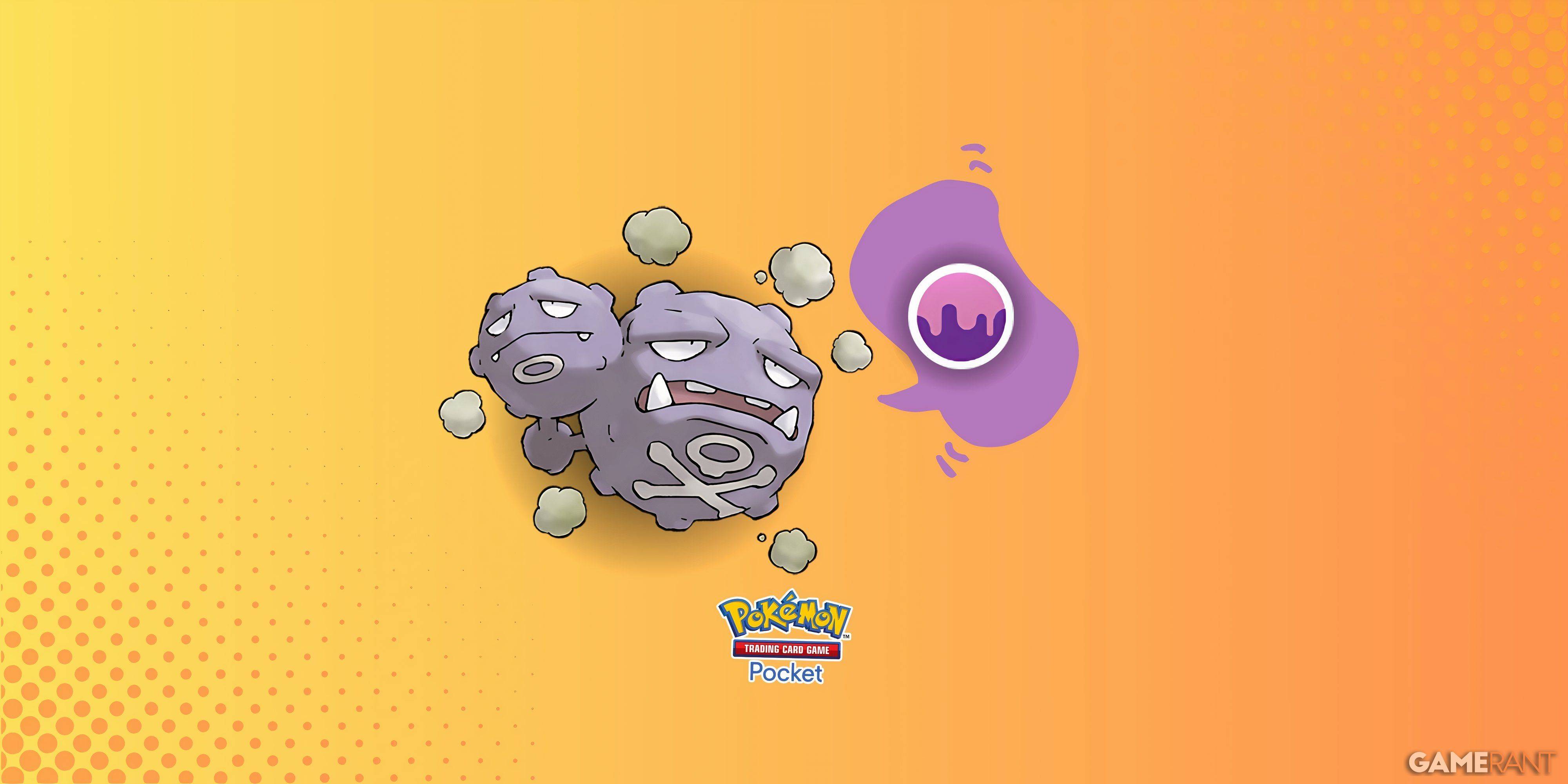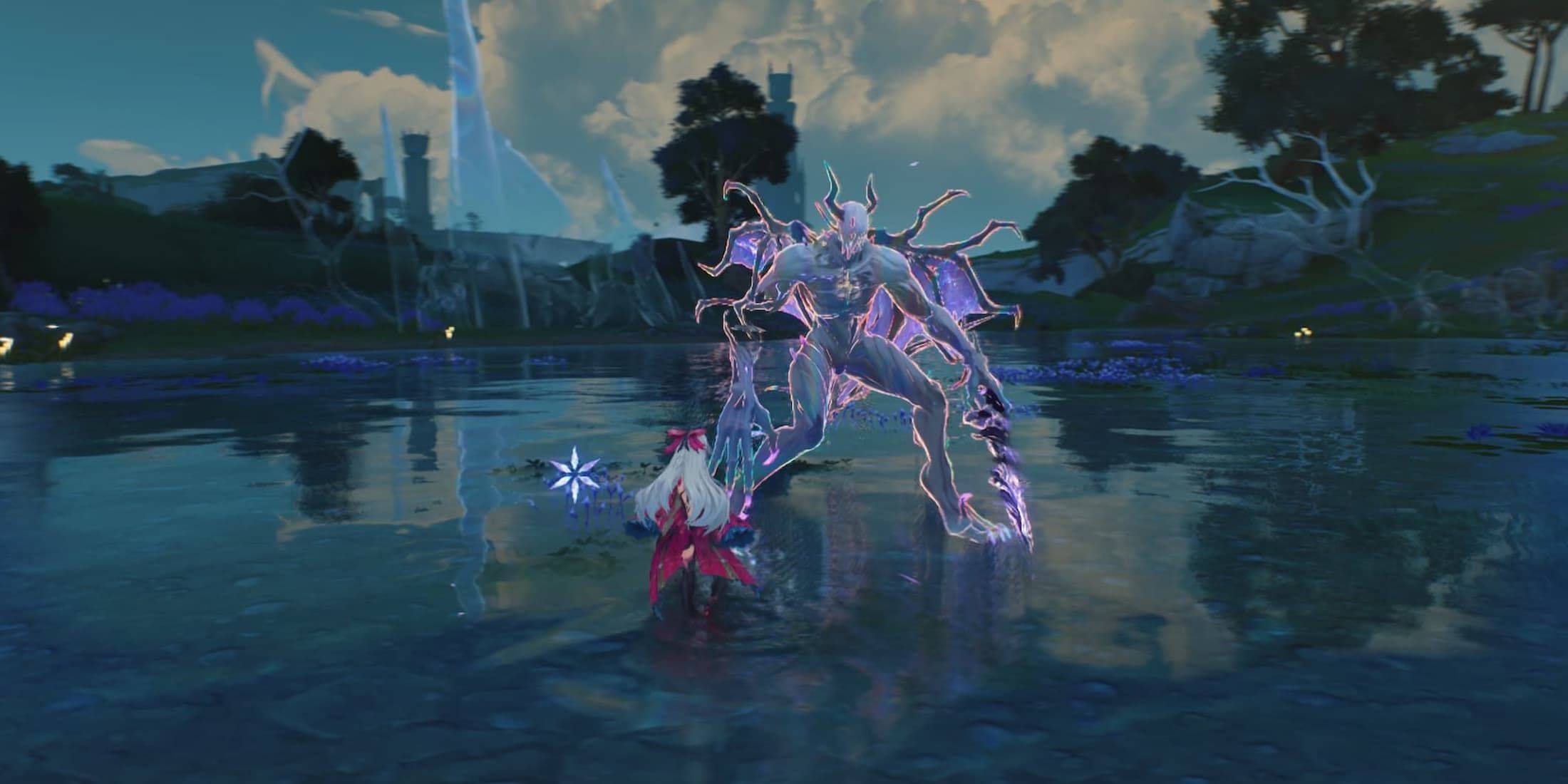"Baldur's Gate 3: The Decision to Free Orpheus"
In the climactic stages of your Baldur's Gate 3 journey, one of the most pivotal decisions you'll face is whether to free the imprisoned Gith Prince Orpheus or let The Emperor manage the situation on his own. This choice, influenced by your acquisition of the Orphic Hammer from the House of Hope, can significantly alter the course of your party's fate. Below, we explore the outcomes of this crucial decision.

Updated on February 29, 2024, by Nahda Nabiilah: Before deciding Orpheus' destiny, players must first conquer the challenges posed by Ketheric Throm, Lord Enver Gortash, and Orin. This involves a thorough exploration of both the upper and lower districts of Baldur's Gate to locate and defeat these formidable foes. Remember, the decision regarding Orpheus carries significant weight, as some companions might choose to sacrifice themselves for the greater good. To influence their decisions and ensure their loyalty, players need to be well-prepared, especially for interactions that demand a roll of 30.
Warning: The following contains spoilers for the ending of Baldur's Gate 3. Reader discretion is advised.
Should You Free Orpheus In Baldur's Gate 3?

This decision hinges on what players aim to achieve in their playthrough. At the outset of Act 3, The Emperor warns that Orpheus' imprisonment is the only barrier preventing the party from transforming into Illithids. Therefore, freeing Orpheus could doom one or all party members to become Mind Flayers.
After a failed attempt to defeat the Netherbrain, The Emperor teleports the party into the Astral Prism, presenting a critical choice: free Orpheus or allow The Emperor to assimilate the Gith Prince to harness his power.
Side With The Emperor
Choosing to side with The Emperor leads to Orpheus' demise, as The Emperor absorbs his knowledge. This decision may upset Lae'zel and Karlach, given Orpheus' importance to their personal quests. While this path provides the advantage needed to defeat the Netherbrain, it may not sit well with fans of these characters.
Freeing Orpheus
Opting to free Orpheus results in The Emperor aligning with the Netherbrain. Moreover, as previously noted, at least one party member might transform into a Mind Flayer, contradicting the party's initial purpose. However, Orpheus will join the battle against the Netherbrain, supported by the Githyanki. If you persuade Orpheus to become a Mind Flayer instead, he will willingly sacrifice himself to save his people.
In summary, siding with The Emperor is advisable if you wish to avoid becoming Mind Flayers, whereas freeing Orpheus is suitable if you're willing to risk transformation. The former choice might alienate Lae'zel and force Karlach back to Avernus due to her Infernal Engine. Ultimately, the decision rests with the players, based on their preferred outcome.
What's The Morally Good Play Here?
The moral choice largely depends on individual perspectives, but it fundamentally revolves around loyalty. Orpheus, as a descendant of Gith, is the rightful ruler of the Githyanki and stands against Vlaakith's tyranny. For players roleplaying as Githyanki, siding with Orpheus is a natural choice. However, for others, fulfilling the wishes of Voss and Lae'zel might seem overly demanding, given the Githyanki's self-centered nature despite their broader impact.
Conversely, The Emperor is portrayed as a benevolent figure, dedicated to stopping the Netherbrain and aiding your party. He acknowledges that some victories require sacrifice, which might lead to your transformation into a Mind Flayer. Yet, you'll remain a morally upright one. With multiple endings in Baldur's Gate 3, strategic gameplay can lead to an outcome that benefits everyone involved.
Latest Articles




![Taffy Tales [v1.07.3a]](https://imgs.anofc.com/uploads/32/1719554710667e529623764.jpg)


























